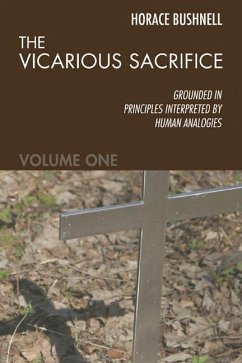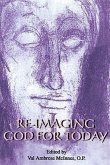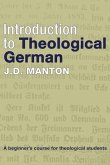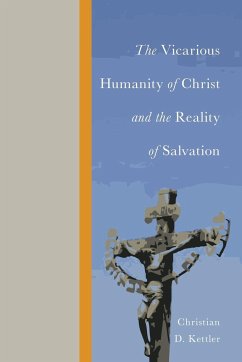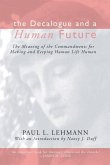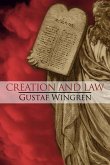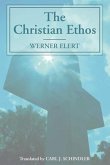Here Bushnell contends for what has come to be known as the moral view of the Atonement, as distinct from the governmental, penal and satisfaction theories. His moral view of the Atonement is grounded in principles of universal obligation and universal vicariousness, later modified by the idea of God as propitiating himself in the forgiveness of the sinner. In Bushnell, God's sympathetic participation in the distortions of sin is a primordial fact. But the man Jesus unambiguously manifests this divine sympathy at the level of one human being. Since it is the very nature of sin to be bound to the world of sense, there must be some point in the world that unambiguously shows forth this divine sympathy. This point is made in Jesus and his cross. The cross of Christ represents the eternal suffering of God - a suffering born of his sympathy. The resurrection represents the perpetual endurance of God's love in spite of this suffering. It represents God's absolute adherence to the law of his nature, an adherence that he accomplishes even at great cost. In this endurance and this obedience, the law of God's nature is fulfilled. The relational law of love that man has trampled and insulted in the Fall, God has upheld. Such a supreme and inexhaustible love would lead ultimately to such a great suffering as was his death. For Bushnell, real redemption involves the subjective acceptance by man of God's love.
Hinweis: Dieser Artikel kann nur an eine deutsche Lieferadresse ausgeliefert werden.
Hinweis: Dieser Artikel kann nur an eine deutsche Lieferadresse ausgeliefert werden.

